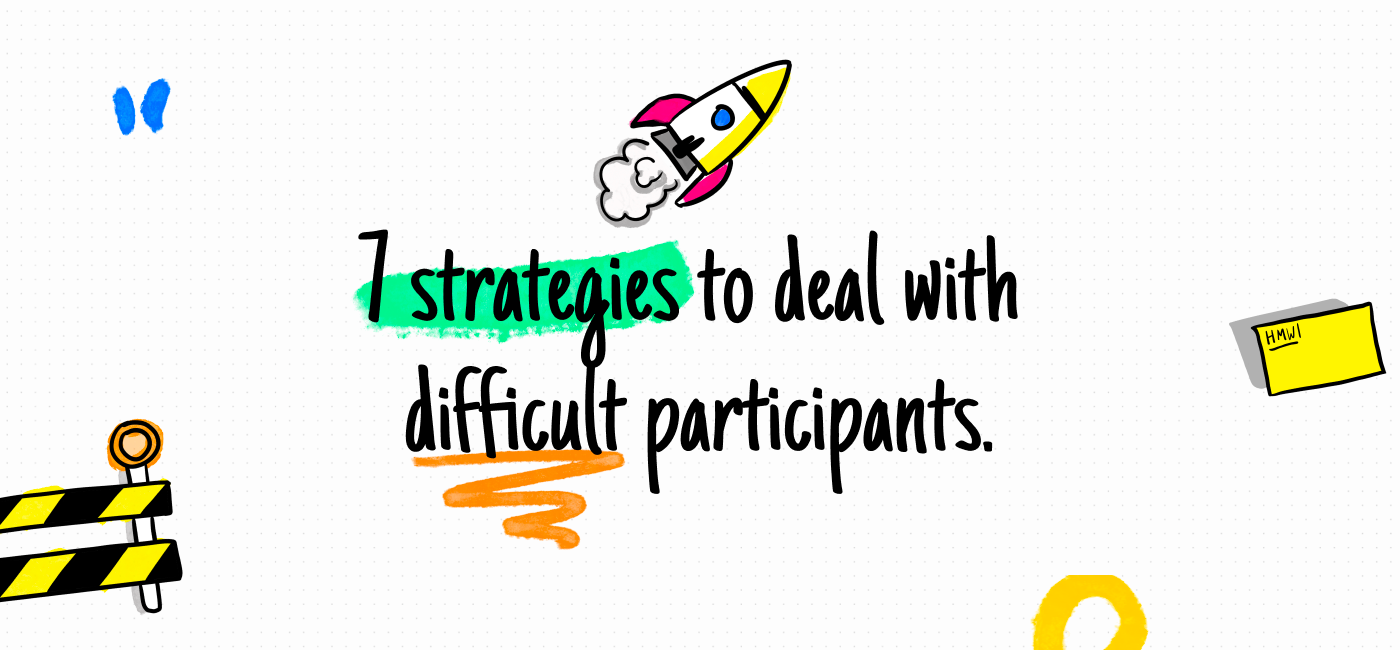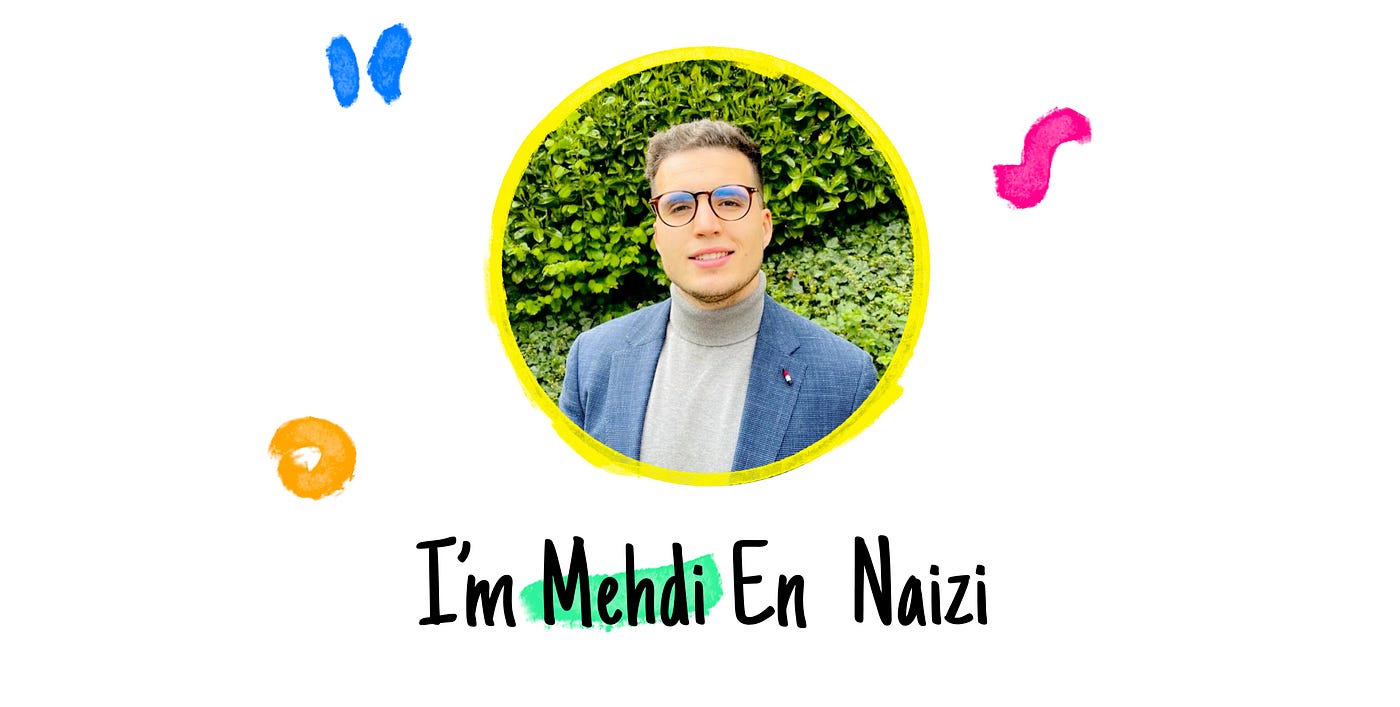7 strategies to deal with difficult participants in your workshop.
The #1 Question that I always get in my facilitation training sessions.
Dealing with participants who don't listen, challenge your authority, or refuse to follow instructions can be incredibly tough. Not only does it disrupt the flow, but it can also kill the mood for everyone else and prevent them from being engaged in the workshop. To tackle these situations effectively, I've put together seven tactics that you can use rather than simply tolerating such behavior.
#1 : Make Sure they are not even in the room
It begins even before the session kicks off. When you're organizing the workshop with your client and selecting the team, ask the client about any potentially challenging participants and why they might pose a challenge (Ask bluntly : you want to know ! ).
Challenge the client to assess whether these individuals are truly necessary for the workshop. If not, great, you've just avoided a less pleasant workshop. If they are, no worries; you still have six other strategies to deal with them.
# 2: Set expectations early and manage them !
Establish ground rules at the beginning of the workshop to create a safe, inclusive, and collaborative environment. Clearly communicate that everyone's contributions are valued and that the objective is to engage in constructive discussions. Often, difficult participants are acting like that because they have a different agenda. Therefore, it's vital to listen to their expectations and address them directly.
Additionally, consider using the parking lot technique as a supportive strategy. This involves capturing the information or questions they raise on sticky notes and setting them aside in a designated area, clarifying that they will be addressed at an appropriate time and not the focus of the current discussion.
# 3: Listen to them actively !
When a participant becomes difficult, listen attentively to their concerns or objections. Sometimes, simply allowing them to express themselves can defuse the situation.
A good way to do that is to ask probing questions to gain deeper insight into their perspective (ex: « That’s a really interesting question! Can you tell me what’s behind you asking that? »).
The mirroring technique is another valuable tool for active listening in these kind of situations. It involves reflecting back what the participant is saying, word for word.
# 4: Put them to work !
Alright, if you've tried everything and nothing seems to be working, here's a tip you can try: assign them tasks. Ask them to assist you with tasks like note-taking, clustering sticky notes , sketching specific visuals, or even printing inspirations.
It might seem counterintuitive, but involving them in these activities reduces their ability to create problems in the workshop.
# 5: Approach them privately.
If the participant's behavior hasn't changed thus far and they are still disrupting the session, consider addressing the issue privately during a break.
Approach them with empathy and discuss how their behavior is impacting the workshop's progress and preventing others from fully engaging in the session. Try to understand the situation and come to an agreement that such disruptions won't occur again during the session.
# 6: Ultime resort : Ask them to leave !
Honestly, it's never happened to me before. However, if you've tried all other strategies and they're still being a pain in the ass, I would recommend asking them to leave. Their behavior is disrupting the dynamic you're trying to establish and having a negative impact, which could affect the overall outcome.
It's obvious that they're not happy being there, and you're not happy either, so having them leave the workshop is a win-win for everyone.
# 7: Stay calm and professional !
Remaining calm and composed is crucial, especially in these challenging situations. Avoiding emotional reactions can help prevent further escalation of tensions. So, hold a poker face and don’t show them that it annoys you. By remaining calm, it shows your professionalism, and it reinforces confidence among the other participants that you can handle any type of situations.
Now, you are set up to manage these tricky situations like a pro!
Implement these 7 strategies, and handling difficult participants in your workshop will no longer be a challenge. Simply by applying the first two tips, you'll notice a significant difference, and you'll find yourself dealing with challenging participants less frequently than expected. I'm curious, what strategies do you employ when dealing with troublemakers in your sessions?
For more content on facilitation, feel free to follow me on linkedin ! I regularly write about workshop facilitation and how it can help your team solve big problems, generate new ideas and make the right decision faster.














